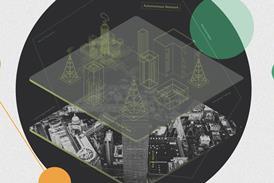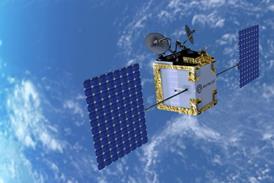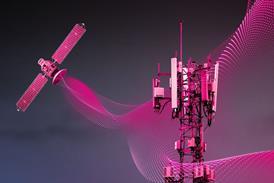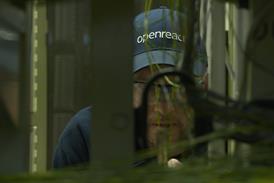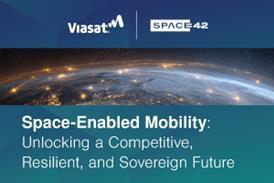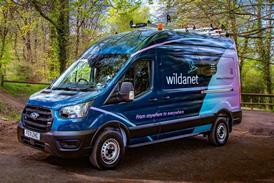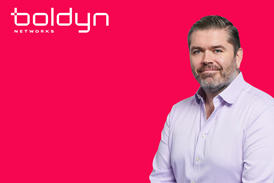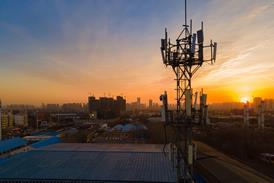Close menu
- Home
- Telcos
- Network & IT
- Infra
- People
- Finance & Strategy
- Events
- Regions
- Thought Leadership
- Premium
- TelcoX EMEA Leadership & Performance Study
Vodacom sets UiPath bots in motion
Anne Morris2022-10-04T14:51:00

Source: Phillip Glickman / Unsplash
RPA specialists focusing on strategy enablement rather than just cutting manual hours.
This is Subscription-Only Content. Subscribe to continue reading
Already a subscriber? Sign in here, or contact us to check if your company has access.
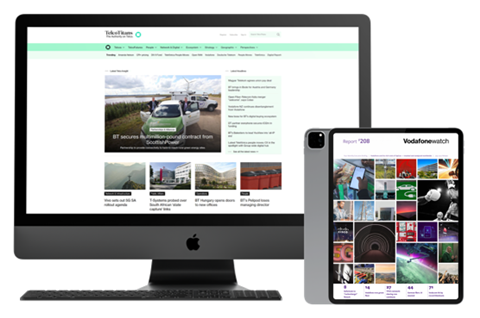
Become a TelcoTitans Subscriber Today
Stay ahead and get access to the telco and digital infra content that matters to you.
TelcoTitans subscriptions include access to:
- TelcoTitans’ industry-leading telco and digital infra news, insight, and analysis
- Infrawatch, Eventwatch, and Telcofutures content
- Subscriber-only weekly newsletter briefings and breaking news alerts
- And so much more!
“Super intelligence, consistently high quality, and easy to digest” – Partner, Deloitte.







